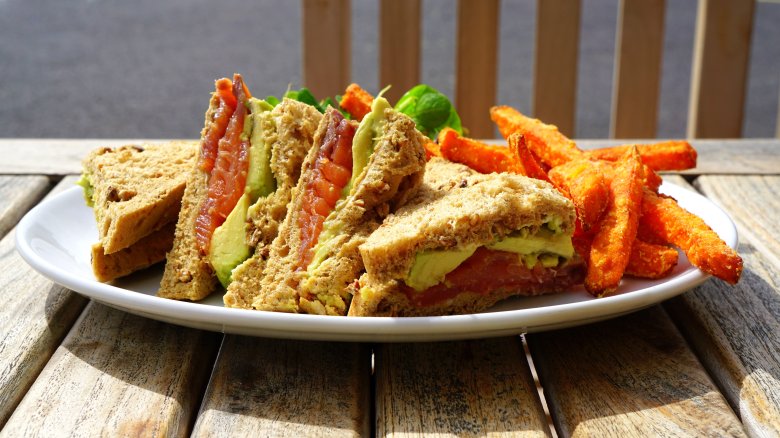- May 9, 2025

Cured meat, bread, vegetables, fruits, yoghurts, meat, milk and many other products are put in the basket every day. Nearly 1/3 of Poles admit that they sometimes throw away food. This is data from the latest report "Don't waste food 2016" prepared by the Federation of Polish Food Banks.
- The most common mistakes we make are keeping bread in the fridge, where it gets stale much faster. Nor should we keep many fruits and vegetables in the fridge, or not keep vegetables and fruits with other products. Some of them release ethylene, a growth hormone, which causes other products to ripen very quickly, making them perishable and unfit for consumption more quickly. We also do not fully know how to store sausages and cheeses. They should be stored in paper, material packaging that provides oxygen supply - says newsrm.tv Jan Kuron, the chef.
The report shows that among the most frequently discarded products, Poles indicate the following: cold cuts (43%), bread (36%), vegetables (32%), fruit (27%), yoghurts (23%), potatoes (20%), meat (17%), milk (17%), cheese (12%), fish (8%), ready meals (8%) and eggs (4%).
On the other hand, the most frequently mentioned reasons for throwing food away are: missed expiry date - 38%, too big purchases - 15%, too big portions of meals - 13%, improper food storage - 11%, purchase of a bad quality product - 9%, a product or dish is unpalatable - 6%, lack of ideas for using leftovers - 3%, and lack of a shopping list - 2%. This means that the reason for this situation is not the bad will of Poles, but their ignorance regarding not wasting food. - Throwing away food is a very important problem that occurs every day in every Polish house. We want to make Poles aware and educate them on how to easily reduce discarding of cold meat, vegetables, fruit or leftovers from lunch - emphasizes Marek Borowski, President of the Federation of Polish Food Banks.

CBOS in this year's survey "Declarations of Poles concerning food wastage" indicates that throwing food away occurs more often to more affluent people and those occupying high positions. This is much less the case for older people and those with lower income levels. Moreover, Poles declare that they throw away less food than in 2005, which may prove the effectiveness of social campaigns encouraging proper handling of food.
In Poland, Food Banks are fighting for the full use of food products. They create a system in which any surpluses, thanks to the generosity of the donors, can be immediately transferred to the most needy people. Food Banks are also a staff of experts who know everything about healthy eating, but also about tasty cuisine. Collections of food in shops organized by Food Banks several times a year allow tens of thousands of Poles to show their big hearts and share their purchases so that they satisfy the hunger of people living in difficult conditions.